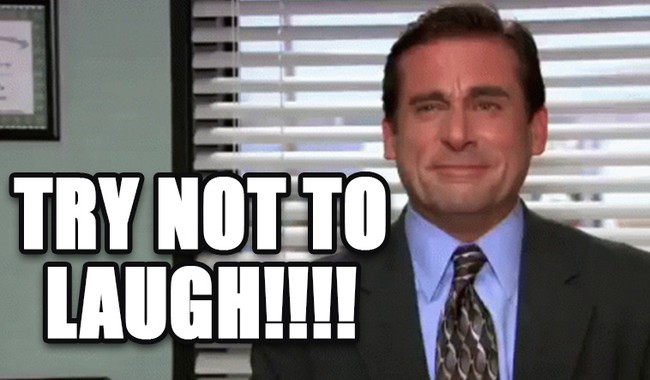ARTICLE AD BOX
PARIS — Emmanuel Macron’s party formed a last–minute agreement with right-leaning lawmakers to win a key vote in parliament on Thursday that opens the door to the French president playing a greater-than-expected role in forming the country’s next government.
The two political groups put together an ad-hoc alliance to reelect Yaël Braun-Pivet as head of the French National Assembly, the fourth highest-ranking official in France. The vote was widely seen as a test to see who could work together in France’s fractured parliament to name a future prime minister.
In combining their forces, the centrists and the center right seized political momentum while also delivering a stunning blow to their rivals further to the left.
The dramatic vote came just 11 days after the New Popular Front (NFP), a broad alliance of left-wing parties, secured a surprise victory in this summer’s snap election, winning the most seats but falling far short of an outright majority.
The inconclusive result of the election pushed French politics into turmoil, threatening the EU’s second-biggest economy with months or even years of political paralysis.
But Thursday night’s vote in the National Assembly indicates that a narrow path through the deadlock may be in sight.
 The dramatic vote came just 11 days after the NFP secured a surprise victory. | Teresa Suarez/Getty Images
The dramatic vote came just 11 days after the NFP secured a surprise victory. | Teresa Suarez/Getty ImagesThe contest came down to the wire. After the center right withdrew its own candidate following the first round of the three-round vote, Braun-Pivet and her opponent from the left, Communist lawmaker André Chassaigne, found themselves separated by just eight votes. Braun-Pivet ended up winning thanks to the support of just a few unaffiliated lawmakers.
Despite their success through unity, Macron’s camp and the conservatives may not continue their partnership.
The conservatives have publicly rejected the prospect of an outright coalition with the pro-Macron camp, but they have steadily signaled their openness to finding common ground on policy — putting forward a “legislative package” focused on policies aimed at “better recognizing work and restoring authority.”
The NFP now looks to be closer to collapsing than ever before. The alliance’s bickering and infighting prevented it from rallying behind a single candidate for prime minister, and even agreeing on Chassaigne — a congenial and well-respected parliamentarian — required negotiations that lasted until the day before the vote.
.png)
 7 months ago
4
7 months ago
4








 English (US)
English (US)